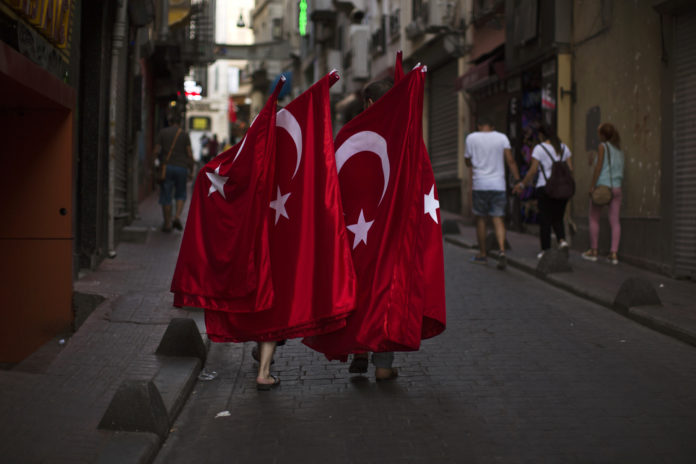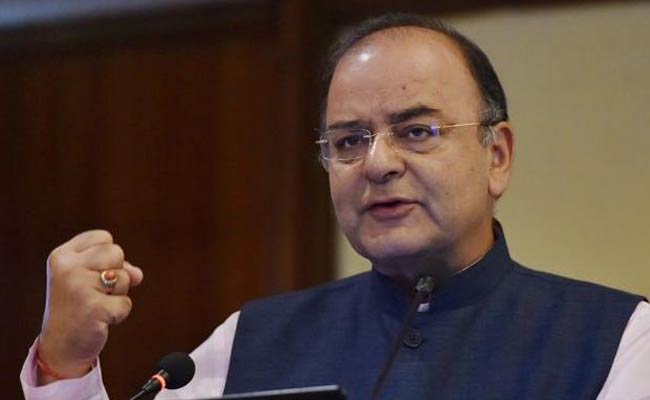Friday’s attempted military coup in Turkey was roughly a decade behind schedule. For the better part of 40 years, beginning in 1960, the Turkish military overthrew governments it did not like around once a decade.
The almost-20-year interregnum between the last military intervention in 1997 and this weekend’s putsch created the impression among many in Turkey and the West that the coup era was over. During this period, the ruling Justice and Development Party, known as AKP, and its leader, President Recep Tayyip Erdogan, used both constitutional reforms and dubious criminal prosecutions of senior officers to bring the military under control.
This was why it was startling to so many, especially Turks, when tanks appeared on the streets of Istanbul and fighter jets streaked low across the sky. For a few hours, it seemed to those nostalgic for another era, when the military’s general staff portrayed itself as the bulwark against the excesses of Turkey’s civilian leaders, that the military had finally returned to its old form and was resetting Turkish politics.
But it was not to be. Although gunfire could still be heard Saturday morning, Erdogan, who looked shaken upon returning to Istanbul from his vacation, nevertheless reestablished control. Why? Beyond the obvious incompetence of the plotters, who failed to arrest the president and the prime minister (something that’s pretty much Coup 101) or establish control over the media — Erdogan was able to rally supporters into the streets via FaceTime, broadcast over CNN Türk — there are three related reasons why Erdogan and the AKP have prevailed.
First is that Turkey has changed since coups seemed a routine feature of the country’s politics. In previous eras, the military could easily intimidate opponents into upholding the secularizing and repressive principles of modern Turkey’s founder, Mustafa Kemal Ataturk. Yet as Turkey has become a more complex society and the AKP has sought to integrate the country globally, the conformity of Kemalism no longer works. In 1997, many Turks welcomed the military’s intervention to undermine Turkey’s first experiment with Islamist-led government. A decade later when the military sought to prevent one of the AKP’s founders, Abdullah Gul, from becoming president — opposing, among other things, the fact that Gul’s wife wore a headscarf — Turks protested, declaring that they neither wanted Islamic law nor military rule.
To read the full story click here:
Sourced from The Huffington Post, Featured Image Courtesy: AP
























